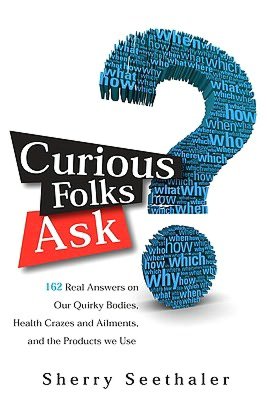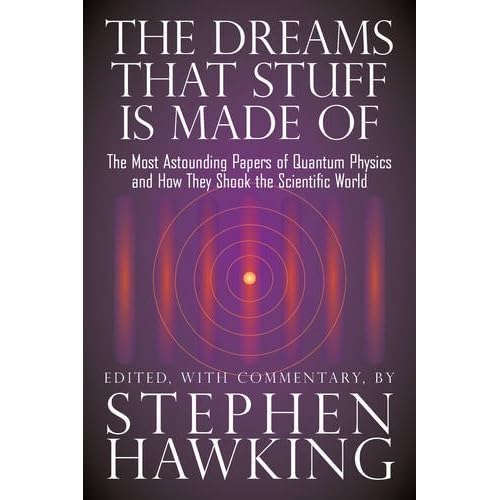Perhaps the greatest thing about philosophy is that really crazy ideas are taken very seriously by philosophers. My favourite example is the so called Evil Demon theory (or sometimes it's called Evil Genius), which is basically a simple question - how can you be sure that you are not being deceived by an evil demon right now? That is, how can you really be sure that your senses are not deceiving you? After all, we have all had experiences when our sense fooled us at least once. This famous problem was formulated by one of the most important western philosophers Descartes. In his philosophical treatise Meditations on First Philosophy (1641) Descartes pondered the problems of truly knowing something and achieving knowledge.
So this problem seems to be extraordinary hard, but is it even possible to find an answer for such a problem? There other similar problems like the so called dream theory, which states that it is not possible to tell if you're dreaming when you're in a dream, so how can you be sure you're not dreaming right now? Or even better, how can you be sure that you're not in Matrix? All these problems share a main feature - they really on the fact that our senses can be fooled and that some times an illusion can be as realistic as reality is. So it's seems that the solution to these problems can be found only by discovering some kind of undeniable truths. Descartes himself believed that we should base our believes only on undeniable truths. An example of such a truth would be the famous quote cogito ergo sum (I think therefore I am). But even if this tackles the problem (many believe that it's not the case, but let's leave that for the next time) it only shows that we exist and do not help us answering the question whether we are dreaming or not. Isn't it funny how the craziest questions end up being the hardest ones?
So this problem seems to be extraordinary hard, but is it even possible to find an answer for such a problem? There other similar problems like the so called dream theory, which states that it is not possible to tell if you're dreaming when you're in a dream, so how can you be sure you're not dreaming right now? Or even better, how can you be sure that you're not in Matrix? All these problems share a main feature - they really on the fact that our senses can be fooled and that some times an illusion can be as realistic as reality is. So it's seems that the solution to these problems can be found only by discovering some kind of undeniable truths. Descartes himself believed that we should base our believes only on undeniable truths. An example of such a truth would be the famous quote cogito ergo sum (I think therefore I am). But even if this tackles the problem (many believe that it's not the case, but let's leave that for the next time) it only shows that we exist and do not help us answering the question whether we are dreaming or not. Isn't it funny how the craziest questions end up being the hardest ones?







 4:20 PM
4:20 PM
 silentbob14
silentbob14



